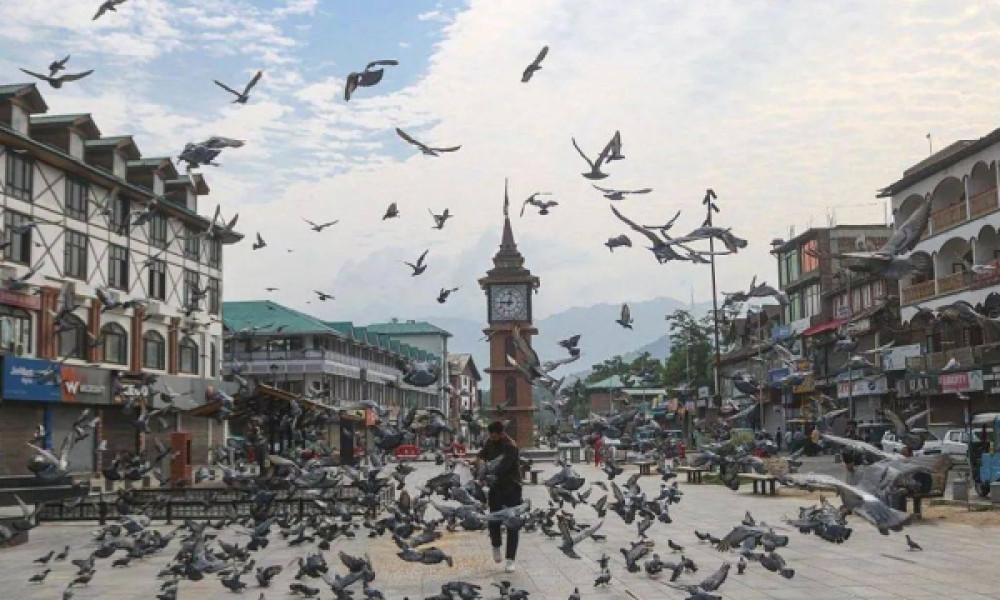A recent ban on feeding pigeons in Mumbai has ignited a heated debate between public health advocates, civic authorities, and bird lovers. The move, intended to curb health hazards linked to pigeon droppings, has faced fierce resistance from those who see these birds as an integral part of India’s cultural and religious traditions.
This month, tensions flared when protests broke out over the closure of a decades-old pigeon feeding spot, known locally as a kabutarkhana. Protesters tore down barriers and even threatened hunger strikes. Police detained several individuals, highlighting the emotional stakes involved.
The ban isn’t just a Mumbai issue. Cities like Venice, Singapore, New York, and London have imposed similar restrictions. In India, Pune and Thane have already penalized pigeon feeding, while Delhi is considering action. But unlike these cities, Mumbai’s pigeons are deeply rooted in cultural and religious practices.
For many, pigeons symbolize peace and loyalty. Bollywood films often depict Mumbai’s skyline with pigeons flocking to balconies and ledges. Kabutarkhanas, some of which are historic structures, originated as charitable spaces where communities donated grain. For the Jain community, feeding pigeons is a sacred duty.
Syed Ismat, a Delhi resident, has fed pigeons for 40 years. “They are innocent,” he says. “All they ask for is a little kindness.” His sentiment echoes across India, where pigeons are considered family by many.
But health experts warn of serious risks. Prolonged exposure to pigeon droppings can lead to lung diseases, fungal infections, and even fatal conditions like hypersensitivity pneumonitis. A recent report noted a 150% surge in India’s pigeon population since 2000, exacerbating the problem.
Nirmal Kohli, a 75-year-old Delhi resident, suffered lung damage attributed to pigeon droppings. In another tragic case, an 11-year-old boy died due to complications from prolonged exposure. Pulmonologist RS Pal confirms such cases are common, even without direct contact.
Mumbai’s ban is a response to these dangers. The Bombay High Court upheld it, prioritising public health. Delhi’s mayor, Raja Iqbal Singh, emphasises that bird love shouldn’t compromise urban hygiene. But animal activists argue the ban lacks clarity. “What does regulated feeding even mean?” asks Megha Uniyal.
Some propose compromises. Peta India suggests designated feeding hours to balance hygiene and tradition. The Bombay High Court has convened an expert panel to explore alternatives. For now, the city remains divided, reflecting a larger question: How do we share urban spaces with wildlife without endangering human health?

